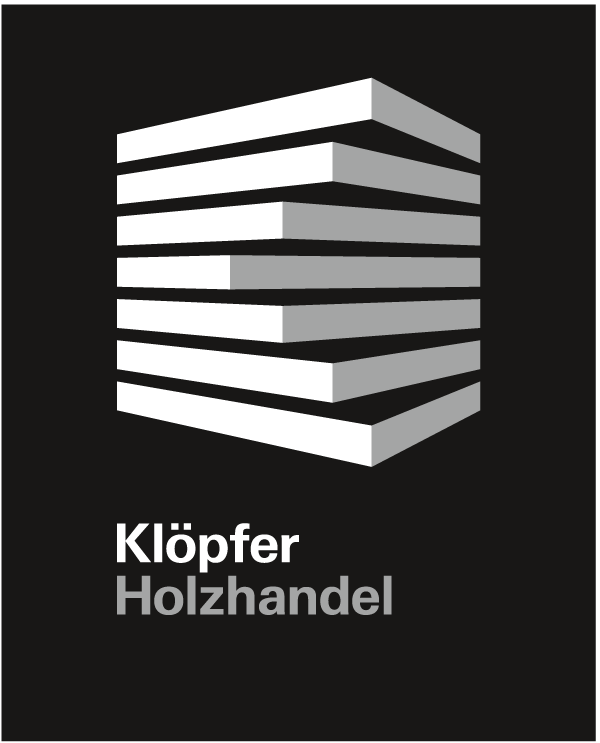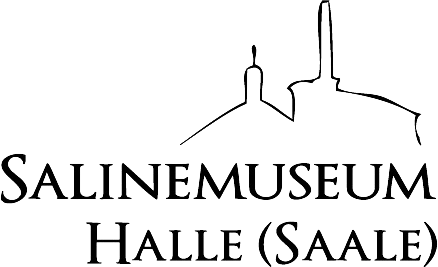From Kraftwerk’s Autobahn to Holly Herndon’s Platform to M.I.A.’s Borders, musicians have again and again explored the phenomenon of logistics, including such aspects as infrastructure and migration. Yet the omnipresent flows of products, information and humans are much more than the subject of musical productions.
Musicians themselves have been turned into personified logistic centers, planners, handlers, and shippers all in one. Independent musicians in particular have long since ceased to be mere creators of music, as they are also responsible for the distribution of their products. They feed their music into global product flows, shipping their albums by post and uploading their files to online streaming services like Bandcamp, SoundCloud or Spotify. Musicians maintain their own infrastructures, are involved in the operations of labels and agencies, clubs and concert venues, festivals and networks. In these contexts, musicians both act as expeditors and are themselves shipped out as “package freight.” They fly for a DJ set to London or drive a rented van to the next gig, spend a couple weeks at an artist’s residency or meet up somewhere with members of their band. As a performative and ephemeral art form, music is based on the presence of participants at a specific time and place. Live shows are an essential part of a musician’s existence—and not just because the collapse of the recorded music market has made them their main source of income.
Musicians are the very embodiment of mobility, not least of all due to their multi-local lifestyles and voluntary or involuntary migrations. Many live simultaneously in different cities, few in the place where they were born. They are drawn to places where the music scene offers them opportunities. Or, like many other individuals, they have left their homelands for social, economic and/or political reasons.
Through their nomadic existences, musicians have become both containers and transporters, carrying forth not only their own music into the world but also sounds from their travels and the different stages of their lives. They come into contact with “foreign” musical cultures, integrate found material into their work along the way, and collaborate with other music makers from all over the world. In the digital age these collaborations take place not just in physical but increasingly in virtual spaces as well. They utilize the tools of online collaboration or even integrate the “native sounds” of the data highway into their productions.
As a result of the processes of exchange associated with it, logistics is ultimately becoming a catalyst in its own right for the creation of new music, which—one could say—brings together rhythms and harmonies from all over the planet in a new form of “cosmopolitan eclecticism.” But above all, logistics facilitates the creation of “new geographies” in that it integrates once peripheral forms of music into its networks.







































